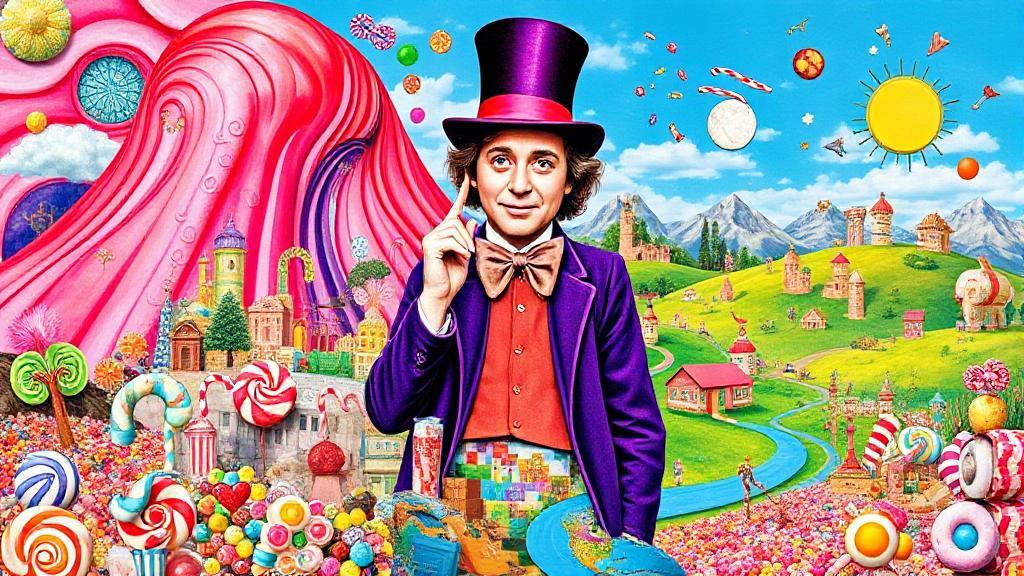Origins and Literary Impact
Roald Dahl's Charlie and the Chocolate Factory, published in 1964, introduced readers to Willy Wonka, a character who embodies whimsy, mystery, and a touch of the macabre. The book's success can be attributed to Dahl's imaginative storytelling and the moral lessons woven into the narrative. The story has been translated into over 50 languages and has sold millions of copies worldwide, cementing Wonka's place in children's literature.
Themes and Morals
The story is rich with themes that remain remarkably relevant today:
- Wealth inequality
- Corporate espionage
- Ethical consumption
- Parenting and childhood
- The power of hope
Cinematic Evolution
The character has seen multiple notable adaptations:
- The 1971 film Willy Wonka & the Chocolate Factory starring Gene Wilder
- Tim Burton's 2005 adaptation with Johnny Depp
- The 2023 prequel Wonka featuring Timothée Chalamet
The Gene Wilder Effect
Gene Wilder's portrayal remains the definitive version for many fans. His performance balanced whimsy with an underlying darkness that added depth to the character. The famous "Pure Imagination" sequence has become iconic.
"There is no life I know to compare with pure imagination."
— Willy Wonka & the Chocolate Factory (1971)
Cultural Impact and Business Influence
Food and Confectionery Industry
Wonka's influence extends far beyond entertainment:
- Nestlé's Wonka candy line (1971-2018)
- Real-world chocolate factories offering tours
- Themed restaurants and dessert shops
- Experimental candy makers citing Wonka as inspiration
Business Innovation
Tech entrepreneurs and innovators often reference Wonka's creative approach to business. His factory represents the perfect blend of imagination and industry, inspiring companies to:
- Embrace creative workplace environments
- Focus on innovation and "impossible" solutions
- Consider ethical business practices
- Value worker happiness and company culture
Environmental Messages
Long before sustainability became a mainstream concern, Wonka's factory demonstrated:
Educational Impact
Many schools and educational programs use Wonka-inspired themes to teach:
- Creative writing
- Business ethics
- Science and engineering
- Environmental sustainability
Fashion and Design
Wonka's distinctive style has influenced:
- Contemporary fashion designers
- Interior design trends
- Product packaging
- Theater costume design
Digital Age and Modern Culture
Wonka's influence can be seen in numerous cultural references and parodies. He has been name-checked in songs by artists such as Weird Al Yankovic and Primus, and has been parodied in TV shows like "The Simpsons" and "Family Guy". The "Condescending Wonka" meme, featuring Gene Wilder's image, has become a staple in online humor.
The concept of Wonka's factory has influenced modern entertainment through:
- Virtual Reality experiences
- Interactive museums
- Immersive theater productions
For more information about Willy Wonka and his enduring legacy, visit Roald Dahl's official website or explore the history of the 1971 film adaptation.
